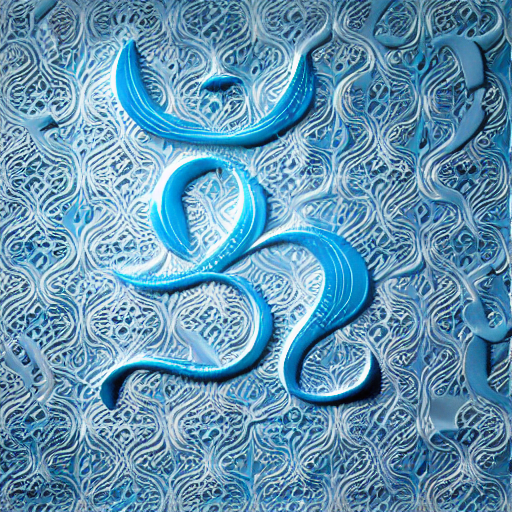Richa Thakur
The Untethered Soul by Michael A. Singer provides us with many keys to better self-understanding. He writes that awareness is the foundation of which we build our lives if we wish to improve it. And self-examination is the key to awareness. In Chapter 3 of the book, the author borrows from Ramana Maharishi’s self-examination tool. Ramana Maharisi advised his disciples to continuously ask this question to one self: “Who am I?” This question is supposed to deliver us to our inner freedom. When we start to notice our experiences or thoughts and emotions, we realize they pass through us. That is: they are temporary; they don’t remain static. Singer writes: “Eventually you will get to a point where you realize that you, the experiencer, have a certain quality. And that quality is awareness, consciousness, and an intuitive sense of existence.”
With this, we transition on to Part 2 of the book. This part of the book is more exciting as the proofs are to be seen in every day life. In chapter 5, the author introduces us to the energy dimension of life. He simply states: “every thought is an expenditure of energy.” We do not get this energy from food, as the source is elsewhere. Singer explains this with an example of someone who has gone through heart break. They show all the signs of exhaustion, staying shut in the room and often display bad mood. What happens when their beloved comes back? The previous symptoms exist no more. There is a mysterious energy, life force that is responsible for all the human functions. We have endless supply of this energy, but we block it by closing our heart. The simple advice is, “just keep opening and not closing.” This means opening up to experiences, even though we might have judged it as bad or undesirable. We judge such situations as undesirable and run away from it because we think it might hurt us. For example, we might be afraid of running into someone we had a bitter fight with years ago. We run from that painful experience, and, thus, do not allow anything new to show up in our lives relative to that painful experience: this is how we close. Once we have built up our awareness to a point where we can observe life as a lucid dream, it is a good idea to run into situations that gave us pain in the past and choose something different. For example, talk to that embittered friend, it may just open doors for mutual forgiveness or take that business risk that we were afraid of taking earlier. The author promises that this act of opening will fill us with energy and energy can heal. Our physical body will start getting better and better. “Remember, if you love life, nothing is worth closing over. Nothing ever, is worth closing your heart over” he beautifully writes.


Pingback: Ikigai: the Japanese secret to a long and happy life. By Hector Carcia and Fancesc Miralles - The Banyan Shades
Pingback: We are living an Olympic life. - The Banyan Shades
Pingback: The Untethered soul. - The Banyan Shades
Fantastic site Lots of helpful information here I am sending it to some friends ans additionally sharing in delicious And of course thanks for your effort